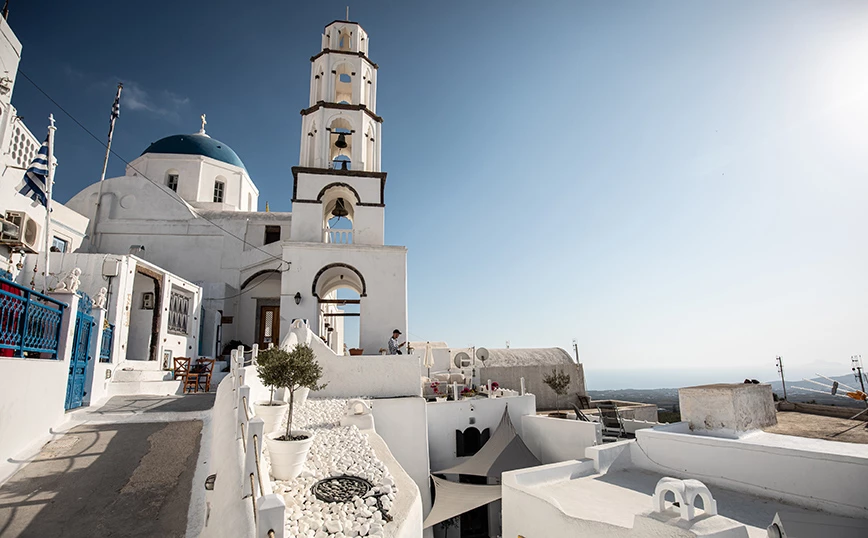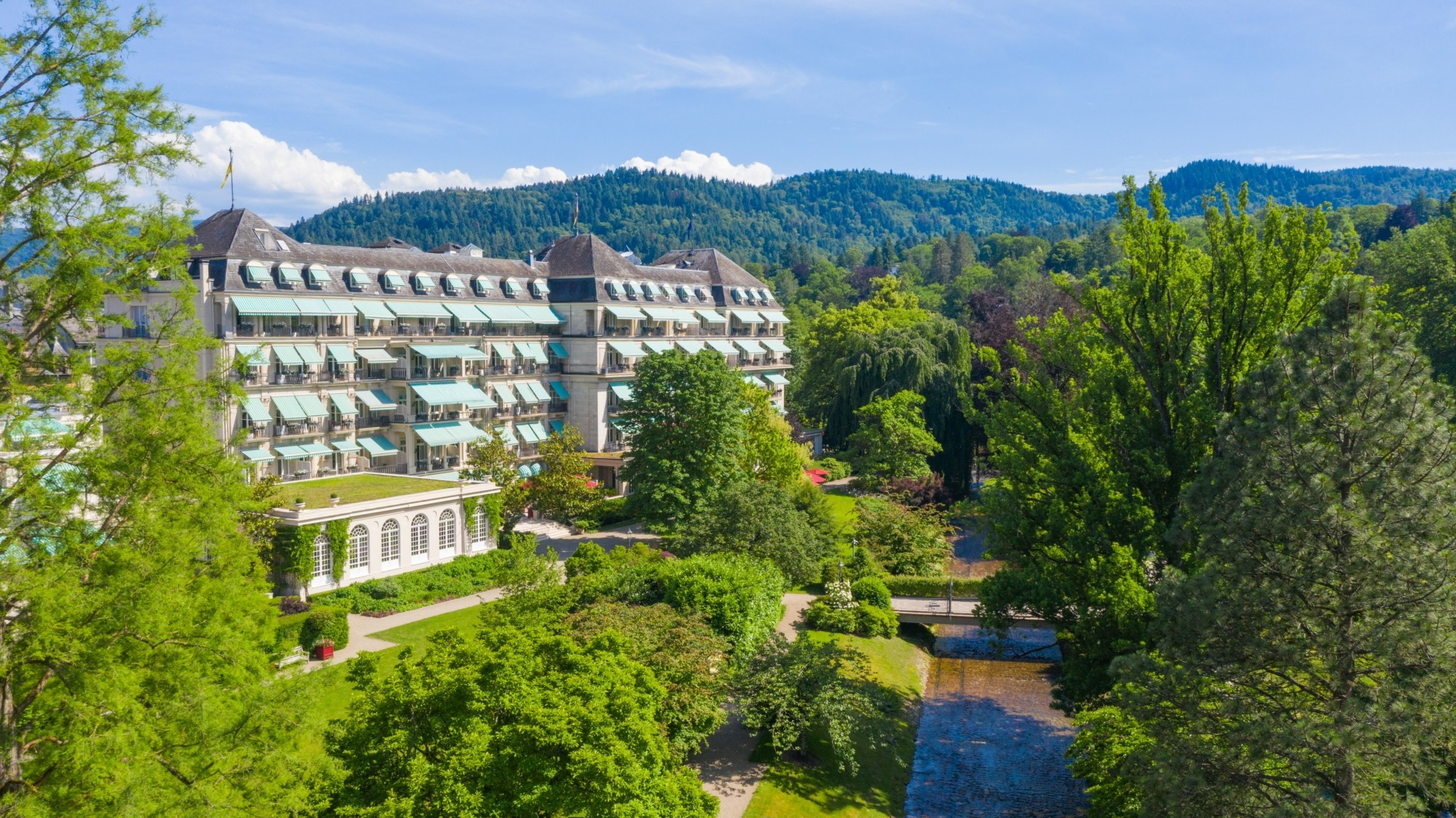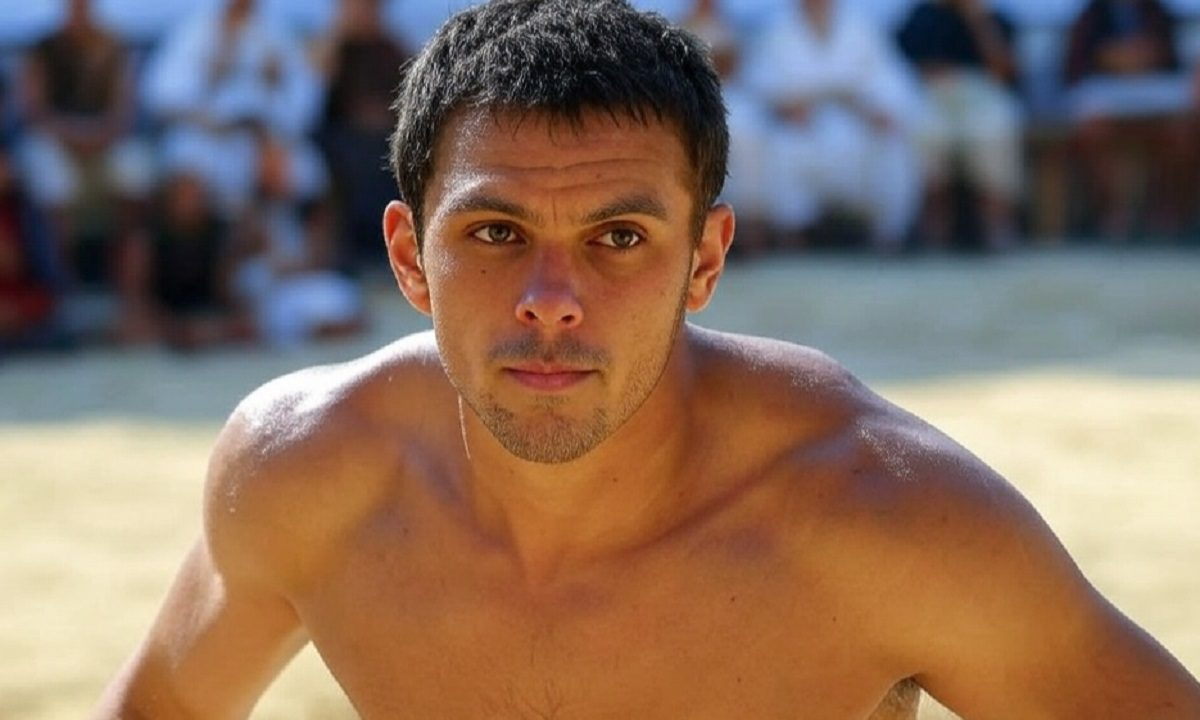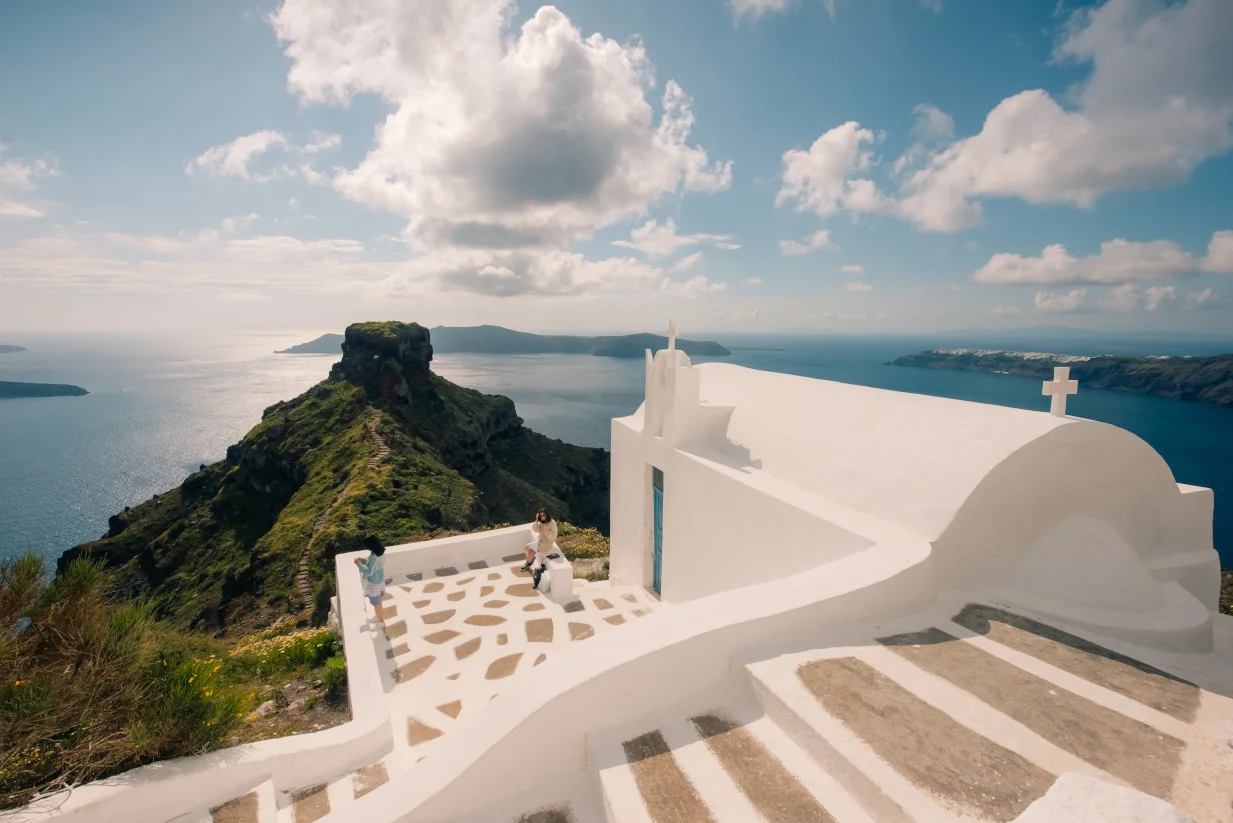The enchanting island of Santorini, a top tourist destination in the Cyclades, has recently found itself at the center of global attention due to intense seismic activity in early 2025. The earthquakes, primarily affecting the sea area between Santorini and Amorgos, have caused considerable concern among residents.
These tremors have highlighted not only the island's longstanding infrastructure weaknesses but also raised fears about the upcoming tourist season, a vital economic driver for both the island and Greece. The continuous seismic activity has had a significant impact on daily life, with more than 12,000 residents leaving their homes due to the fear of ongoing tremors.
Despite varying opinions from experts about the situation, scientists have assured the public that there is no immediate risk of volcanic eruption or a catastrophic earthquake.
What the Locals Have to Say
Locals, offering different perspectives, have shared their thoughts with Newsbeast about life on the island.
Dimitra, a longtime resident of the island for the past 30 years, and a business owner in Mesaria, explained, “This seismic activity was challenging but manageable. We all know that we live in an earthquake-prone area. It wasn’t anything new to us. We’ve experienced it before in 2011 and 2012.”
She continued, “The truth is, the residents are somewhat cautious about how the season will go because bookings aren’t happening at the usual pace. A good example is last year, where hotels were already sold out by March for the next three months. However, life on the island hasn’t changed. We’ve returned to our routine and are looking forward to welcoming visitors to enjoy the island’s beauty.”
Regarding safety measures, Dimitra reassured, “The state has taken the necessary precautions, and I feel completely safe now. I have lived here for 30 years, and my only concern has always been our port—the location and its design,” she explained.
She added, “I think the government should enforce stricter regulations on building permits, with more careful checks for both public and private infrastructure.”
Natalia, a hotel manager from Vothonas, shared similar concerns. "In general, everything is running normally, but there’s this anxiety about work because we depend on tourism, and we don’t know how the season will go. It’s all connected. If tourism doesn’t work, none of us will.”
“Bookings have changed significantly. Many businesses are unsure whether they’ll even open this year. Some may open on the originally scheduled dates, but only two of their ten rooms will be occupied,” she added.
Addressing the media coverage of the seismic events, Natalia said, “Many foreign media outlets aren’t telling the truth about the situation in Santorini. There’s a lot of misinformation. Whether it’s intentional or accidental, it doesn’t reflect the reality. On the other hand, local media, although they exaggerated things at first, are now more cautious about what they publish. Some may be trying to downplay Santorini to promote other destinations. This creates unnecessary panic, and they don’t realize that this harms not just Santorini but the surrounding islands as well. People in the U.S., Australia, and elsewhere, who aren’t properly informed, are terrified and end up canceling their trips.”
As for future improvements, Natalia suggested, “We need a new port. The one we have could become a problem if a strong earthquake hits and there’s a landslide. How many planes can they bring in for an emergency evacuation? We have families with children and elderly people here, too.”
Despoina's Perspective
Despoina, a hotel owner in Imerovigli and another long-time resident, shared similar concerns. "I know of families with children who left the island because of fear from the seismic activity, and they don’t plan to return. They weren’t locals; they had come to make a living here. If there’s been any change for us permanent residents, it’s the realization that nothing can be taken for granted.”
As a business owner, Despoina has noticed a drop in bookings. "Guests from around the world are messaging us, asking if it’s safe for them to stay in our accommodations. Besides the booking issues, we’re also facing a staff shortage. Many workers won’t be coming to Santorini for the season because of the earthquakes."
Despoina also highlighted misinformation in the media, stating, “Some articles have been written with inaccuracies just to get clicks, and that has hurt Santorini’s reputation. Certain Greek media outlets, with their sensationalist coverage, have created a big problem in their own country.”
Regarding the island's infrastructure, Despoina pointed out, “Plans for two emergency ports, one in the north and one in the south of the island, have been in the works for years but still haven’t been implemented. We don’t want someone to come in and build them just for votes, but rather for the good of the island. We, the residents, strive to provide the best service to our visitors, but when the basic infrastructure isn’t reliable, what kind of impression will tourists get?”
Concerns Over Illegal Construction
Experts have frequently raised concerns about illegal construction on the island, pointing out that there are dangerous buildings on the caldera, and immediate measures must be taken.
“There’s no tsunami risk right now for Santorini or the surrounding area, nor any danger of a major earthquake,” stated Efthymios Lekkas, President of the Greek Organisation for Antiseismic Planning and Protection (OASP), speaking on ERT.
“Santorini has experienced rapid tourism development over the last 20-30 years, but without proper planning. One of the major issues is illegal construction, as nearly 50% of the buildings on the island are illegal, according to the Ministry of Environment,” he added.
He also explained, “The Santorini caldera is the largest in the world, the result of a massive volcanic eruption 3,500 years ago. Natural processes are ongoing, but combined with human intervention, they could lead to natural disasters.”
Tourism Season and Cruise Ships
Residents are increasingly worried about the upcoming tourist season, particularly with the uncertainty surrounding whether cruise ships will be able to dock on the island.
George Koumbenas, President of the Greek Union of Shipowners and Cruise Ships, has appealed to the relevant ministries for a decision that would allow cruise ships to anchor off the ports of Fira or Athinios, enabling passenger transfers to the island via tenders.
Despite the increase in cruise ships, Koumbenas pointed out that no decisions have been made yet about lifting the restrictions in the sea area, except for the ferries.
Santorini’s Economic Importance
Santorini’s unique beauty and high tourist demand continue to make it one of Greece’s top tourist destinations. With an area of just 76 square kilometers and a population of under 16,000, Santorini contributes approximately 2.5% to Greece’s GDP, around 5.9 billion euros.
In 2024, Santorini ranked first in Greece for total tourist traffic, with 2.87 million passengers, according to data from the Civil Aviation Authority (CAA) and MTC Group. The island’s tourism capacity is exceptionally high, with over 78,000 available beds in hotels, rental rooms, furnished residences, and accommodations.
Despite the challenges, locals remain hopeful that the island will recover and continue to offer visitors the unique experiences it is known for.















